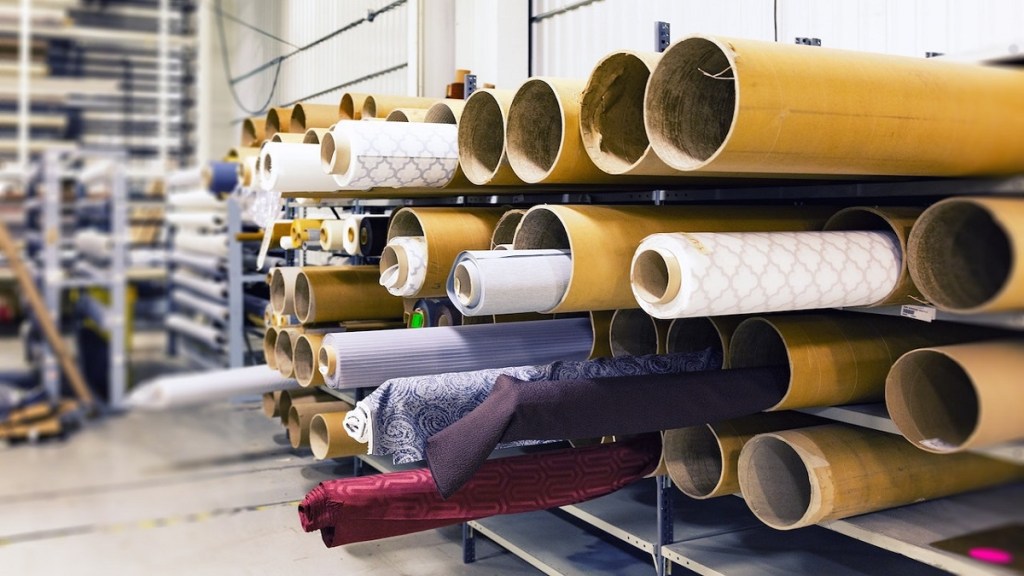Skill development in textiles sector: Over 1.83 lakh beneficiaries have been trained across 1,880 centres under the Textiles Ministry’s skilling scheme for workers and capacity building in textile — Samarth in the last three years and the current year, said Darshana Jardosh, Minister of State in Textiles Ministry in a written reply to a question in the Lok Sabha. The Samarth scheme launched in FY18 was the revamped version of the Integrated Skill Development Scheme (ISDS) operation from 2010-2018 for skill development and capacity building of workers across the textile value chain.
The scheme provides demand demand-driven and placement-oriented National Skill Qualification Framework (NSQF) compliant skilling programme to supplement the efforts of the industry in creating jobs in the organized textile and related sectors, Jardosh said. The scheme was extended up to March 2024 from March 2021.
State-wise, Tamil Nadu had the highest number of centres (504), followed by Karnataka (435), and Uttar Pradesh (284). In the Eastern region, Assam (106) had the highest number of textile training centres. Similarly, Tamil Nadu had the highest number of beneficiaries, with a total of 41,742 beneficiaries, followed by Karnataka (40,348), and Uttar Pradesh with 23,786 beneficiaries, as of July 20, 2023.
Other than the Samarth scheme, the ministry said it implements other schemes also including Production Linked Incentive (PLI) Scheme, Pradhan Mantri Mega Integrated Textile Region and Apparel (PM MITRA), Amended Technology Upgradation Scheme (ATuFS), Silk Samagra, National Handloom Development Programme, National Handicraft Development Programme, Integrated Wool Development Programme (IWDP), National Technical Textile Mission (NTTM), Scheme for Integrated Textile Parks (SITP) etc. catering to the textile sector.
Meanwhile, to enable artisans and weavers to sell their handloom and handicraft products directly to customers without any middlemen, the textile ministry in April this year had launched an e-commerce portal Indiahandmade.com. The portal, according to the ministry, will provide products from more than 35 lakh handloom weavers and 27 lakh handicraft artisans directly to the consumers. It currently offers clothing, home decor, jewellery, accessories, and other products handmade by skilled artisans.

